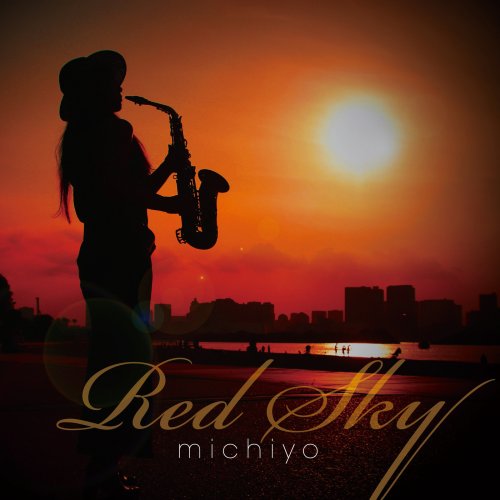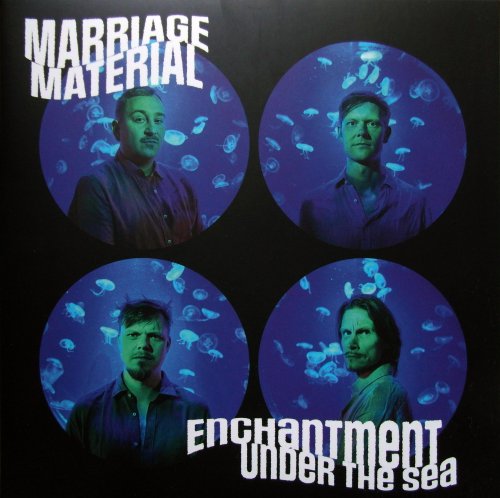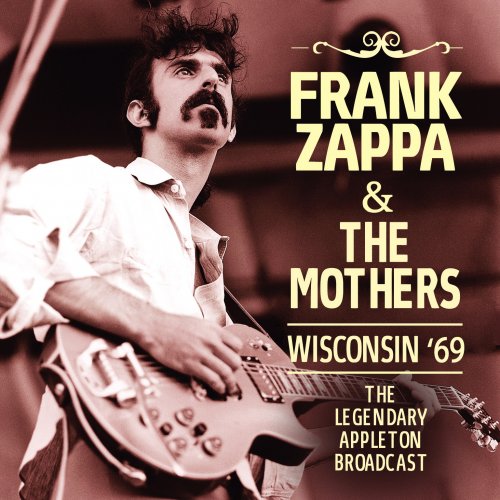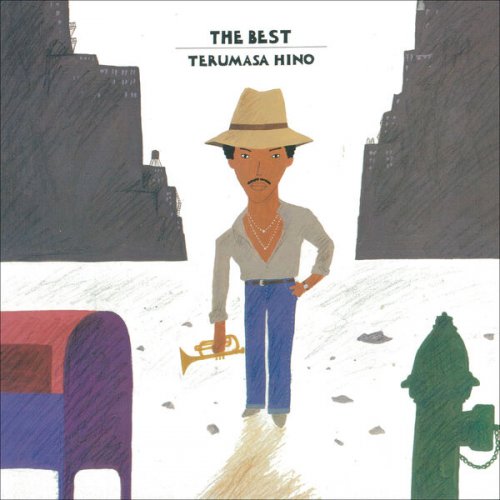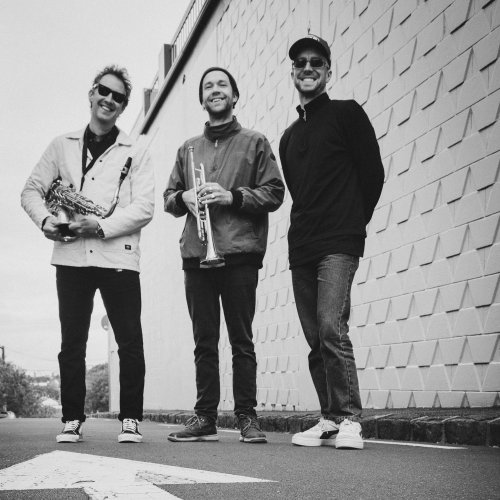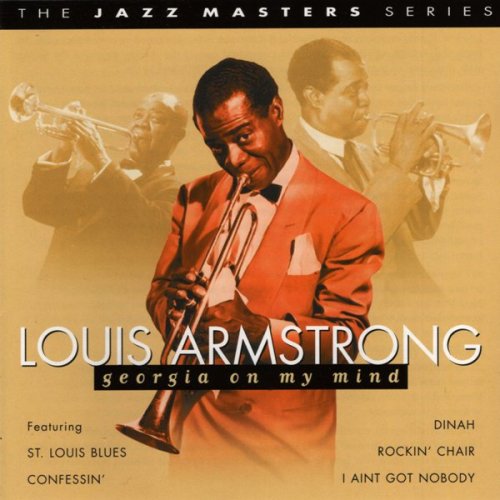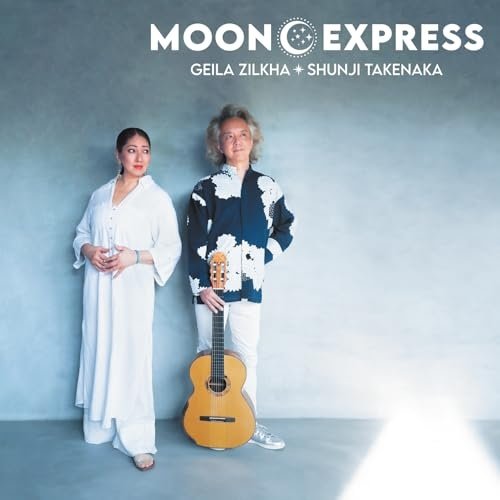Abigail Washburn - City of Refuge (2010)
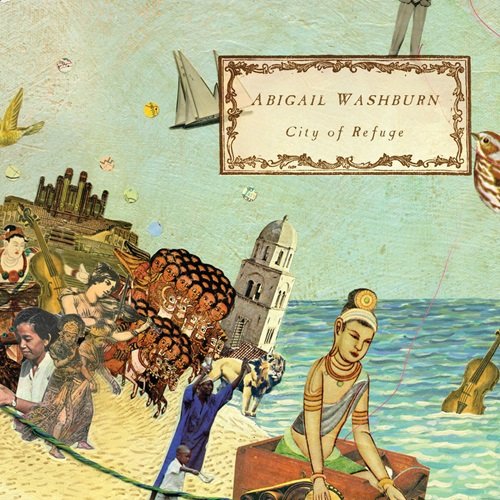
Artist: Abigail Washburn
Title: City of Refuge
Year Of Release: 2010
Label: Rounder Records
Genre: Folk, Country, Bluegrass, Singer-Songwriter
Quality: Mp3 320 / Flac (tracks)
Total Time: 40:45
Total Size: 102/245 Mb
WebSite: Album Preview
Tracklist:Title: City of Refuge
Year Of Release: 2010
Label: Rounder Records
Genre: Folk, Country, Bluegrass, Singer-Songwriter
Quality: Mp3 320 / Flac (tracks)
Total Time: 40:45
Total Size: 102/245 Mb
WebSite: Album Preview
01. Prelude 0:53
02. City Of Refuge 3:42
03. Bring Me My Queen 4:14
04. Chains 3:52
05. Ballad Of Treason 3:08
06. Last Train 3:56
07. Burn Thru 4:27
08. Corner Girl 3:25
09. Dreams Of Nectar 5:51
10. Devine Bell 2:39
11. Bright Morning Stars 4:40
City of Refuge, the ambitious third album by singer, songwriter, and banjoist Abigail Washburn, extends the reach of both the stripped-down roots sounds on Song of the Traveling Daughter and the more musically exploratory Abigail Washburn & the Sparrow Quartet. She’s been seasoned by continually playing with stellar musicians and opening herself to musical traditions from those of the Deep South and the British Isles to folk traditions from Asia, jazz, and rock. This set showcases her singing and lyrics up front. Produced and mixed by Tucker Martine, City of Refuge boasts an extensive and impressive list of players and singers -- including Bill Frisell, Jeremy Kittel, Viktor Krauss, guzheng master Wu Fei, and Kai Welch, to name a few. In Martine, Washburn found the perfect collaborator: he understands implicitly how far-reaching her songs are; he assists her in cracking wide the conventions of traditions while showcasing their influence with reverence and grace. The title track opens with her clawhammer banjo-style playing “old-time mountain music,” but quickly shape-shifts through country gospel, folk-blues, open droning tones, and shimmering rock. The orchestration on the heartbreaking “Bring Me My Queen” is spacious with lilting piano; Kittel’s fiddle provides soft textural elements that let Washburn's voice articulate the deeply poetic lyric. Rayna Gellert's fiddle, Frisell's electric guitar, and a pedal steel adorn “Last Train,” as Washburn and Welch harmonize the loneliness of loss and longing in her lyric. “Burn Thru” opens with what seems like a coda with an orchestral lushness that almost reaches a crescendo before it all disappears, just before Washburn, backed by acoustic guitars and her banjo, declares her resilience and her ability to transcend: “There’s shadows in my tracks/I’m not lookin’ back at the rest of you...I’m not goin’ down with the rest of you.” The musical abstraction and sheer beauty on City of Refuge is born out best on “Dreams of Nectar.” Its root is an a cappella Appalachian ballad, but before long, Wu Fei’s dreamy guzheng (a zither-like instrument) enters, and is layered upon by a humming choir, chirping birds, and even tempered brass instruments. Yet, even as the elements gel, they slowly dissolve into a gauzy haze, leaving the listener in reverie -- which is shattered by the stomping country gospel of “Divine Bell.” The set closes with the haunting “Bright Morning Stars,” a hymn that contains choir drones resembling the chanted throat-sung prayers of Tibetan monks. City of Refuge reveals that Abigail Washburn has grown exponentially as an artist. She's created a visionary American music that extends its traditions as it embraces others, free of borderlines. City of Refuge shines from West to East, from South to North -- and beyond.
